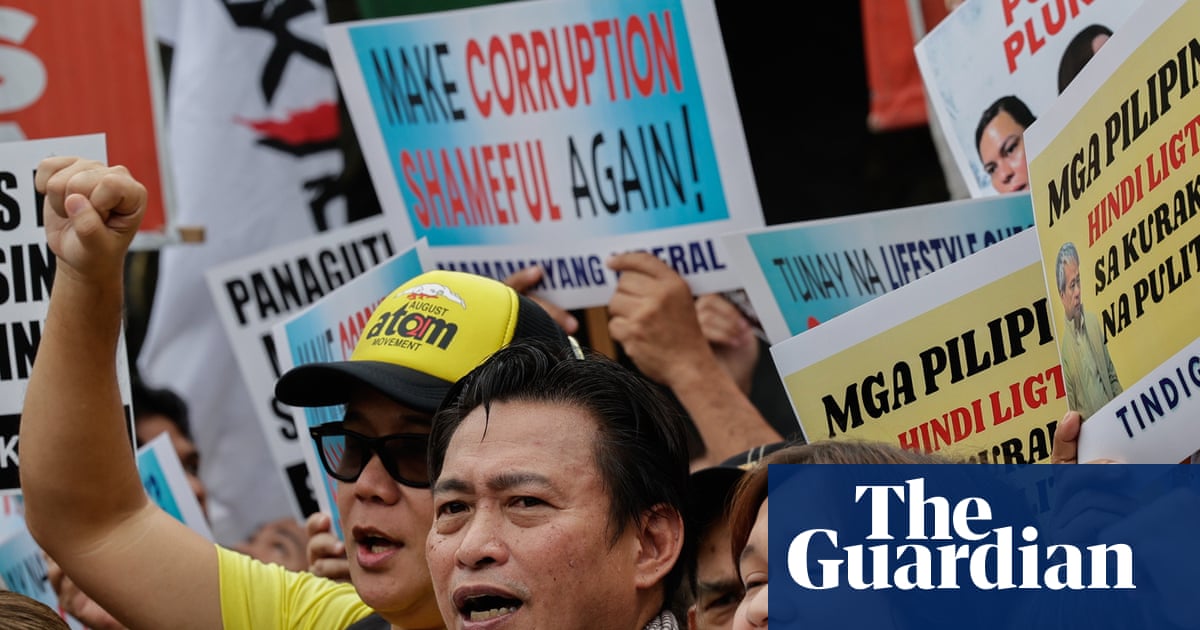Public health bodies should launch alternatives to commercial period tracker apps, experts have said, as a report warns women’s personal data is at risk of being harvested by private companies.
Smartphone apps that track menstrual cycles are a “goldmine” for consumer profiling, collecting information on everything from exercise, diet and medication to sexual preferences, hormone levels and contraception use, according to the research by the University of Cambridge.
And the financial worth of this data is “vastly underestimated” by users who supply profit-driven companies with highly intimate details in a market lacking regulation, the report says.
In the wrong hands, cycle tracking app (CTA) data could result in risks to job prospects, workplace monitoring, health insurance discrimination and cyberstalking, and even limit access to abortion, the research suggests.
The authors call for better governance of the booming femtech industry to protect users when their data is sold at scale, arguing that apps must provide clear consent options rather than all-or-nothing data collection, and urge public health bodies to launch alternatives to commercial CTAs.
“Menstrual cycle tracking apps are presented as empowering women and addressing the gender health gap,” said the report’s lead author, Dr Stefanie Felsberger, of Cambridge’s Minderoo Centre for Technology and Democracy. “Yet the business model behind their services rests on commercial use, selling user data and insights to third parties for profit.
“There are real and frightening privacy and safety risks to women as a result of the commodification of the data collected by cycle tracking app companies.”
Most cycle tracking apps are targeted at women aiming to get pregnant, so the download data alone is of huge commercial value, according to the report. Along with homebuying, no other life event is linked to such dramatic shifts in consumer behaviour.
Data on pregnancy is believed to be more than 200 times more valuable than data on age, gender or location for targeted advertising. The report says period tracking could also be used to target women at different points in their cycle.
The three most popular apps had estimated global download figures of a quarter of a billion in 2024. The femtech market – digital products focused on women’s health and wellbeing – will be worth more than $60bn (£44bn) by 2027, the report says.
With such intense demand for period tracking, the authors called on public health bodies including the NHS in the UK to develop their own transparent and trustworthy apps to rival those from private companies, with apps allowing permission for data to be used in medical research.
“The UK is ideally positioned to solve the question of access to menstrual data for researchers, as well as privacy and data commodification concerns, by developing an NHS app to track menstrual cycles,” said Felsberger, who added that the reproductive health provider Planned Parenthood in the US already had its own app but the UK lacked an equivalent.
“Apps that are situated within public healthcare systems, and not driven primarily by profit, will mitigate privacy violations, provide much-needed data on reproductive health, and give people more agency over how their menstrual data is used.”
Prof Gina Neff, the executive director of the Minderoo Centre, said: “The use of cycle tracking apps is at an all-time high. Women deserve better than to have their menstrual tracking data treated as consumer data.”
In the UK and EU, period tracking data is considered “special category”, as with that on genetics or ethnicity, and has more legal safeguarding. In the US, data on menstrual cycles has been collected by officials in an attempt to undermine abortion access, the report says.

 3 months ago
42
3 months ago
42

















































